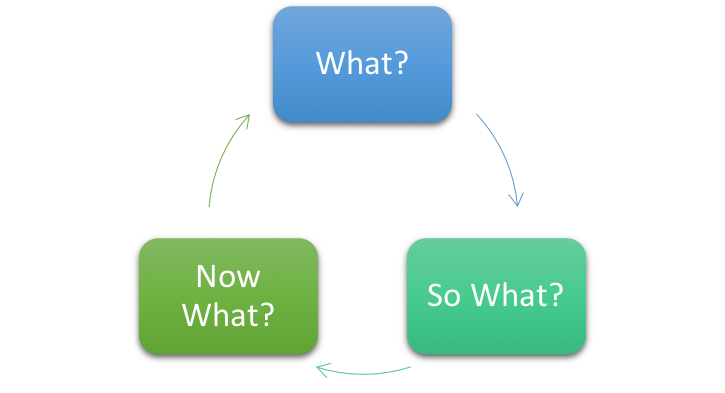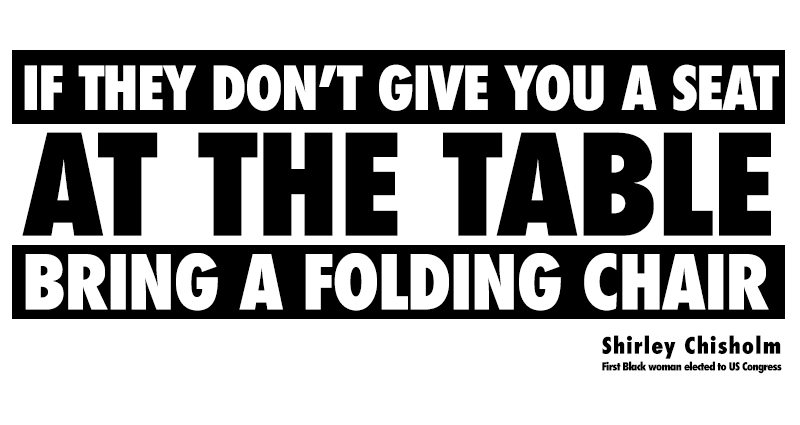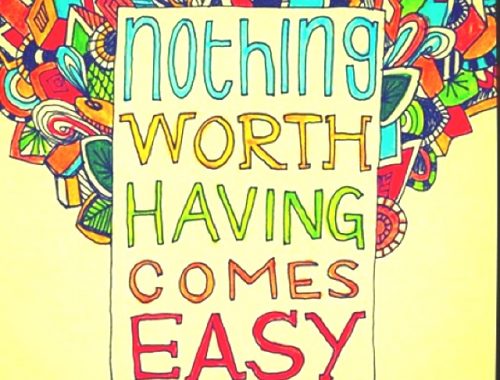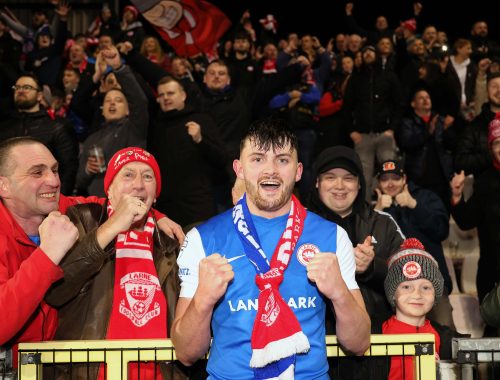The show must go on!
Pressure… responsibility… networking… what happened to the old days of interns getting coffee?
My time at The MAC Belfast has enabled me to grow as a well-rounded creative professional. However, I have also experienced challenges and one in particular was especially mind-boggling. Using Borton’s reflective model, I will analyse what happened, review what I learned and explore what to do in the future. Borton’s model is concise and easy-to-follow, clearly structuring my new experiences without constricting my writing.

What Happened?
A latte and a serene morning walk created the perfect ambiance for a relaxing, placement-filled morning; until my employer invited me to the ‘MACtivate’ meeting. This project was unknown to me but seemed exciting.
Well, walking into a room of twenty unfamiliar faces was a shock to say the least!
These were the infamous Executives of The MAC’s associate partners; including Alliance for Choice, The Rainbow Project and Action Mental Health. I learned that ‘MACtivate: At The Table’ is a gallery project intending to give underrepresented communities a voice through creative workshops; reminding the public of social issues that our Government refuses to address. For example, reproductive rights. This is summarised by a printed quote on the Gallery wall…

My greatest challenge was figuring out how to make myself useful in discussing a project I was completely unfamiliar with.
Studying acting has never more valuable than when pretending to understand a project with no briefing!
When introducing myself, I frantically stuttered and worried about my initial impression that would be left in a room full of important people. Knowing an embarrassingly small amount about ‘At The Table’, I felt ill with anxiety. As a serial over-thinker, I worried if they thought I was too vocal or not vocal enough in the meeting. I knew that making a valuable contribution was critical to my reputation as “Assertiveness and a sense of individual responsibility will be crucially important in the development of your career”[1].
Throughout this meeting in ‘The Lab’, I felt more comfortable as I was uplifted by the positive atmosphere and managed to keep up with the big leagues. Realistically, I shouldn’t have underestimated myself! I even successfully pitched a QR code idea; making each organisation’s website accessible from within the exhibition. Overcoming my anxiety, the rush of seeing an idea I created come to life was exhilarating!

To finish this meeting, I was tasked to research further into each organisations’ statistics. I was even more unnerved as this contribution would actually matter in the project. Imagine… a student intern being given responsibility!
What I Learned?
Having been thrown in the deep-end, I learned that by presenting myself as an assertive, trustworthy intern, I could gain more responsibilities and create valuable connections! Taking advice from The MAC’s Creative Director, Simon Magill; I learned to ‘make myself indispensable’ in every aspect of my placement. Although I briefly stumbled, I learned to forgive myself as inevitably; mistakes are more daunting in my mind than in reality. Cunningham reminded me that…
“The biggest limitation of mistakes is that the fear of them might stop us from going forward…Recognize that they cannot be completely avoided and gain their benefits”[2].
Needless-to-say, my Problem-solving skills were improved by quickly searching for new ideas to pitch to the executives. Most significantly I learned that…
EVERYTHING. IS. COLLABORATIVE.
No one perspective is less valuable than another in an Arts organisation; all with diverse experiences and skillsets. By gaining more confidence I enhanced my communication skills, which are essential to creative management as; “To be an arts manager in the twenty-first century means you are part of a global network of people” [3]. Being able to network and engage with diverse communities, alike in this project, then seemed the most essential criteria to gain employment in the arts. When faced with anxiety, I learned to transfer the relaxation skills I gained from theatre, settling my backstage jitters, to now settling anxiety in my first business meeting! I used my fast-thinking skills to keep up with the conversation and realised that active-listening makes you seem interested and welcoming to unfamiliar executives. First impressions count after all! Translating each organisation’s political statements into creative ideas; I learned that becoming the bridge between discussion and action is invaluable.
Asking me – what do you think? I realised that these executives don’t want to work with a corporate machine; but with a person, with their own creative thoughts and ideas. Hence, recovering from my initial panic in the meeting made me a more fearless and adaptable intern.
In The Future…
Upon reflection, I felt naïve for not having recognised that the ‘MACtivate’ project was a yearly event in the Creative Learning Sector… Needless-to-say, I will look into new programmes and initiatives of any company I work with sooner, therefore there will be no unanticipated surprises!
In the next challenge I face, I will ensure to assess each situation calmly and avoid becoming overwhelmed. An unstable first impression could not only dent my reputation in a close-knit industry, but deteriorate my self-confidence. Being open-minded and even indulging in humour can also alleviate some of the tension. Therefore next time, I would enhance my bubbly personality, maybe even cracking a joke or two to create an easy-going atmosphere. Trusting more in my teamwork and interpersonal skills will make me more self-assured. A video guide on surviving business meetings would also be incredibly helpful…
Fig. 5. Adriana Girdler, ‘How to Introduce Yourself to a New Team (CONFIDENTLY AND EFFECTIVELY)’ YouTube, 3 April 2019. Accessed https://youtu.be/NYEf_b_0H7Y
I will be more honest and quickly ask my employer for guidance if confused, as speaking up is encouraged and will quickly relieve any stress on my shoulders. Transferring my critical thinking skills from the stage to the workplace and improving my organisational skills will make me invincible. Everything in work is a learning process and I now understand that through each experience, we “gain new understandings and skills, and our beliefs about ourselves, others and the world are challenged, changed or reinforced.”[4] Welcoming new experiences in the future may be daunting, but ultimately worth the reward!
References:
[1] Ian Herbert and Andrew Rothwell. ‘Assertiveness’, Managing Your Placement : A Skills-Based Approach. Palgrave Macmillan, 2005. p.190. EBSCOhost, search.ebscohost.com/login.aspx?direct=true&db=cat02616a&AN=qub.b16794217&site=eds-live&scope=site.
[2] Ian Cunningham et al. ‘Mistakes’, The Handbook of Work Based Learning. Gower, 2004. p.205. EBSCOhost, search.ebscohost.com/login.aspx?direct=true&db=cat02616a&AN=qub.b15787709&site=eds-live&scope=site.
[3] William J. Byrnes, ‘The Creative Industries’, Management and the Arts. Sixth edition., Routledge, Taylor & Francis Group, 2022. EBSCOhost, search.ebscohost.com/login.aspx?direct=true&db=cat02616a&AN=qub.b22893854&site=eds-live&scope=site. (PAGE NO.)
[4] Reflection: Turning Experience into Learning, edited by David Boud, et al., Taylor & Francis Group, 1985. p.69. ProQuest Ebook Central, http://ebookcentral.proquest.com/lib/qub/detail.action?docID=1461054.
Bibliography:
Herbert, Ian, and Andrew Rothwell. Managing Your Placement : A Skills-Based Approach. Palgrave Macmillan, 2005. EBSCOhost, search.ebscohost.com/login.aspx?direct=true&db=cat02616a&AN=qub.b16794217&site=eds-live&scope=site.
Cunningham, Ian, et al. ‘Mistakes’, The Handbook of Work Based Learning. Gower, 2004. EBSCOhost, search.ebscohost.com/login.aspx?direct=true&db=cat02616a&AN=qub.b15787709&site=eds-live&scope=site.
Byrnes, William J. ‘The Creative Industries’, Management and the Arts. Sixth edition., Routledge, Taylor & Francis Group, 2022. EBSCOhost, search.ebscohost.com/login.aspx?direct=true&db=cat02616a&AN=qub.b22893854&site=eds-live&scope=site.
Reflection: Turning Experience into Learning, edited by David Boud, et al., Taylor & Francis Group, 1985. p.69. ProQuest Ebook Central, http://ebookcentral.proquest.com/lib/qub/detail.action?docID=1461054.
Created from qub on 2022-10-05 09:32:48.
Purdue University Northwest, ‘Borton Reflective Model’, Reflective Practice and Writing, 2022. https://www.pnw.edu/center-faculty-excellence/programs/teaching-portfolio-writing-support/reflective-practice-writing/.
Shirley Chisholm, ‘MACtivate’, The MAC Belfast, https://themaclive.com/exhibition/at-the-table
The MAC Belfast, ‘The Lab’, https://hirethemac.com/explore-spaces/the-lab
Adriana Girdler, ‘How to Introduce Yourself to a New Team (CONFIDENTLY AND EFFECTIVELY)’ YouTube, 3 April 2019. Accessed https://youtu.be/NYEf_b_0H7Y
Becoming a Film Teacher

I Was Just... A Voice.
You May Also Like

I Was Just… A Voice.
7 April 2023
The Best Laid Plans of Mice and Men…
14 April 2023
